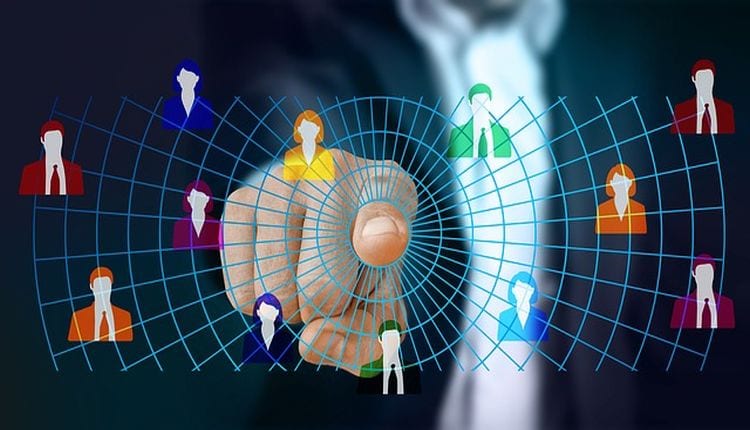By Dr Ravinder Goyal, Co-Founder, Erekrut HR Automation Solutions Pvt.Ltd.
Amidst the ever-shifting corporate landscape, global macroeconomic factors have triggered workforce disruptions, prompting business leaders to seek innovative solutions for leaner teams and tighter budgets. However, the ensuing challenges have not gone unnoticed, as employee burnout spreads across various departments, functions, and demographics.
Responding to this critical issue, visionary leaders are now embracing a transformative tool – AI technology – to reshape the traditional survey approach.
AI-driven employee engagement surveys have emerged as the much-needed game-changers, presenting an efficient and comprehensive method to gauge workplace satisfaction. In this article, we will understand AI-enabled surveys and their profound influence on decision-making, fostering a more contented workforce.
Predicting Burnout in Real-Time: How AI Surveys Are Changing the Game
With remote work becoming the norm, employees face increased burnout and disengagement due to overwhelming workloads and constant distractions. Surveys conducted globally have revealed that the workforce has endured a year of long hours and reduced time off, potentially leading to higher employee attrition rates.
However, AI-driven surveys provide a solution. By analyzing factors such as project timelines and resource utilization rates, managers can predict burnout in real-time. Armed with this knowledge, managers can strategically allocate resources, reduce the workload on overburdened employees, and take proactive measures to prevent burnout.
Achieving Workforce Harmony: The Power of AI-Driven Surveys for Remote and Hybrid Workforces
As businesses strive to strike the right balance between remote and hybrid workforces, they must address the unique challenges of managing diverse employee bases across different regions, functions, and contract types. AI-driven surveys play a crucial role in creating personalized work environments that optimize productivity and foster employee satisfaction.
By automating data collection and analysis, AI technology enables business leaders to make data-driven decisions effortlessly. This eliminates the need for manual data processing and empowers managers to receive real-time insights and live recommendations, all with minimal human intervention. In project-based businesses and professional services firms, this can be a game-changer, streamlining operations and enhancing decision-making processes.
AI-Enhanced Learning: Building a Committed and Engaged Workforce
In the fast-paced digital era, the modern workforce seeks flexible learning opportunities that allow them to acquire knowledge anytime and anywhere. Consequently, organizations are leveraging AI-powered data analytics to design customized training programs, offering electronic content accessible to employees at their convenience. This dynamic approach not only enhances employee productivity but also fosters a deeper commitment and dedication to their work, thereby elevating overall engagement levels.
Vantage view
The Millennial workforce of today values continuous, real-time feedback and seeks meaningful connections within the organization. Embracing regular pulse surveys utilizing AI makes employees feel valued, recognized, and emotionally invested in the company’s success. Tailored feedback forms cater to unique engagement requirements, providing quantified poll results and comparative analysis that enable informed decision-making on employee engagement strategies.
AI-driven employee engagement surveys have emerged as a transformative force in ensuring workplace satisfaction. These surveys not only aid in understanding employee experiences but also serve as a proactive step towards creating a positive and thriving work environment. As organizations continue to navigate the challenges of a changing world, AI-driven employee engagement surveys prove to be an invaluable asset for fostering workplace satisfaction



